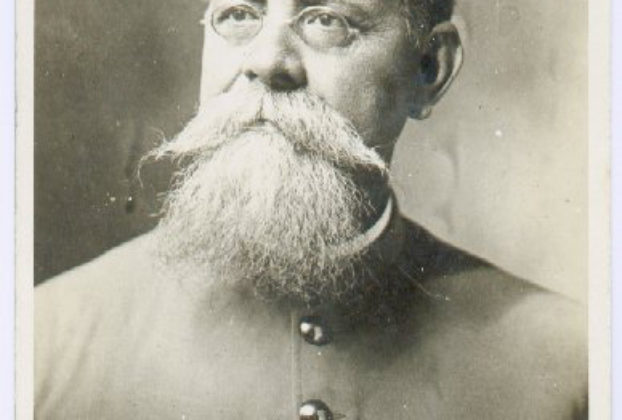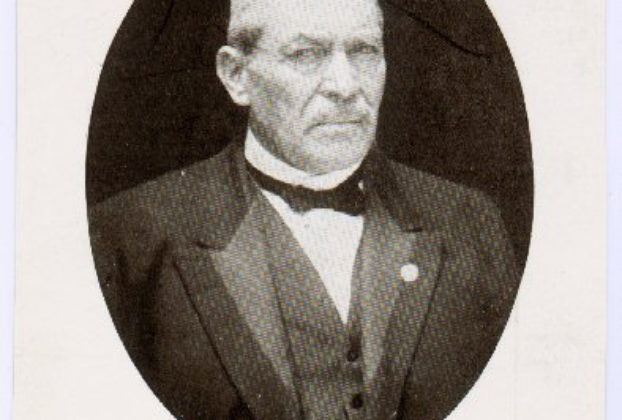Affirmative action and Hernán Cortés (1485–1547)
Affirmative action can be defined as a process in which members of a certain ethnicity are compensated for the discrimination and second-class citizen status that their ancestors have endured in the past. In recent Mexican history, there have been strenuous efforts to glorify Mexico’s indigenous heritage while at the same time downplaying the achievements of […]
Continue Reading

